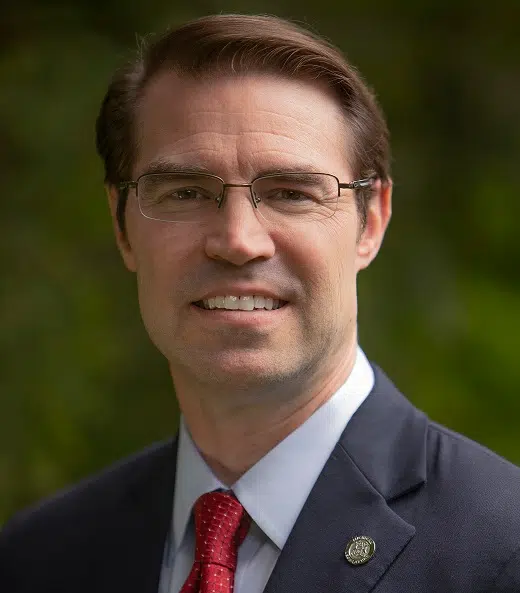LANSING, MI (WKZO AM/FM) – Despite protests from a number of business organization, the Michigan Senate Labor Committee this week approved bills sponsored by Senator Sean McCann of Kalamazoo that would repeal preemptions on local government control of labor and workforce policies.
The committee voted 3-1 along party lines to report Senate Bills 170 and 171 to the Senate floor.
The bills would repeal a ban on local project labor agreements and a law preempting local government’s ability to set labor standards including higher-than-state-minimum wage and other benefits, nicknamed the “Death Star” bill in reference to “Star Wars.”
Unions and local government officials who support of the bills say the repeal would allow community leaders to make the decisions that work best for their community and improve labor conditions.
The National Federation of Independent Business Michigan and other groups oppose both bills, arguing that a repeal of the project labor agreements ban would hurt small companies and shut out local businesses.
A number of other business organizations, including the Michigan Retailers Association, the Small Business Association of Michigan, the Michigan Chamber of Commerce, the Michigan Manufacturers Association, the Michigan Health and Hospital Association and the Michigan Infrastructure and Transport Association also submitted written testimony against Senate Bill 171, and an identical bill introduced in the House
The organizations say their opposition was not about whether workers should receive fair wages, paid or unpaid leave, or other benefits, but who should make the decisions.
They argued that giving local governments control over employment-related rules and regulations would be a “bureaucratic, red-tape nightmare for business owners and employees.” The groups also argued allowing local governments to set their own labor standards could create “high-cost islands” limiting community access to jobs and necessities and reducing investment into these communities.
Labor Committee Chair John Cherry, who co-sponsored both bills in the Senate, said these changes are intended to protect workers.






